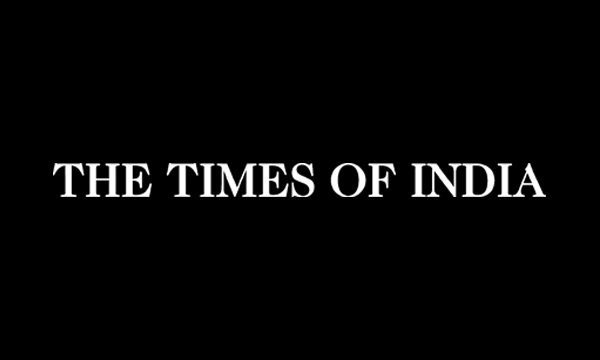On April 9, Kottayam bore witness to two distinct events commemorating the 5th death anniversary of K.M. Mani, the Kerala Congress patriarch.
While Jose K. Mani, the late leader’s son and current chairman of the Kerala Congress (M), paid his respects with floral tributes at the Thirunakkara ground in Kottayam, P.J. Joseph, chairman of the rival faction, laid a floral wreath at the late leader’s tomb at St. Thomas Cathedral, Pala.
The parallel occurrence of these events, set against the backdrop of a critical election phase for the competing Kerala Congress factions in Kottayam, symbolises the political dynamics unfolding in central Travancore.
Political intermediaries
After dominating the rubber heartlands for many years, the Kerala Congress factions find themselves at a crossroads, balancing between their long-standing support from settler farmers and the evolving preferences of second-generation voters who are increasingly aligning with mainstream political parties. Despite this shift, strategic restructuring and positioning have enabled the factions to maintain their importance as key political intermediaries, particularly in connecting major political coalitions with the Christian heartlands in the region.
Following the death of K.M. Mani, the KC(M) experienced a vertical split, with Jose K. Mani and P.J. Joseph leading separate factions just two months afterwards. Approximately one and a half years later, the KC(M) broke its nearly four-decade-old ties with the United Democratic Front (UDF) to join the Left Democratic Front (LDF).
Subsequently, the faction became a linchpin in the Left front’s strategy to expand its influence into the traditional UDF strongholds of central Travancore. In the ensuing local body elections, held a few months later, the region spanning Kottayam, Idukki, and Pathanamthitta districts leaned towards the Left.
In the subsequent year’s Assembly elections, the newly formed alliance demonstrated its resilience, leveraging support from the KC(M) to extend its footprint across the region, securing five Assembly seats.
Conversely, the rival faction led by P.J. Joseph experienced a significant decline in its support base following an initial surge of leaders. Currently, it holds only two Assembly seats, with its presence in local bodies also diminished after the substantial Left surge in 2020.
Leadership vacuum
“Both the organisations underwent substantial restructuring post-split, but the Kerala Congress now faces a leadership vacuum,” remarked a veteran Kerala Congress leader. “With P.J. Joseph’s influence gradually diminishing due to age, the party finds itself in a transitional phase, yearning for a strong leader to unify its ranks. In contrast, the KC(M) has undergone a successful semi-cadre line revamp under its chairman, who enjoys considerable backing from the top Communist Party of India (Marxist) [CPI(M)] leadership,’’ said a veteran Kerala Congress leader in Kottayam.
Despite setbacks, the UDF has recognised the Kerala Congress’ historical influence in the Christian areas and its capacity to reverse fortunes. Consequently, after extensive deliberations, the UDF has acquiesced to the party’s demand for the Kottayam seat. Recognising the significance of this opportunity, the regional party has nominated Francis George, a prominent figure in its hierarchy and son of Kerala Congress founder leader K.M. George.
For the Kerala Congress parties , however, emphasising their dedication to their origins and continuity hasn’t come without its challenges. Amidst agricultural distress, wildlife attacks, and perceived increases in the influence of political Islam, the Catholic Church has expressed dissatisfaction with the Kerala Congress factions on various fronts and has started to publicly intervene in the issues on its own. With the Sangh Parivar aiming to exploit this situation to its advantage, the stakes remain high. They have been forced to act on most developments taking place in the region, while also battling discreetly the insidious influence of the right wing. “The Kerala Congress parties are clearly in a state of flux, and their current political presence doesn’t match up to their historical sway over the region. Caught between the weight of their agricultural heritage and the allure of opportunities abroad, many young people are now choosing to forge their own political paths, eroding the base of the parties,” pointed out a top functionary of the Kerala Congress.







